Learning Blog
How to Spot Signs of Autism
ccording to the National Autistic Society, there are about 700,000 people in the UK living with an ASD (autistic spectrum disorder) condition, that is about 1:92 people. There has been a steep rise in the numbers of people diagnosed with ASD over the last twenty years or so, while this may look like there has been an increase in the proportion of people in the population with ASD, most researchers suggest that this is mostly because of better and earlier diagnosis rather than an actual increase in those who live with the condition.
What is Autism?
The term “autism” and its use to describe a neurodevelopmental (to do with the way the brain develops) disorder is well known today, but less than 100 years ago there was little understanding and a confusion about the nature of the condition. Even the term “Autism” which was derived from the Greek for self, meaning “self-centred” or “self-obsessed” is inaccurate, as was the idea that there was a relationship with a type of childhood schizophrenia or that the child had somehow been the victim of a cold and uncaring mother labelled as “refrigerator mothers”. Following work in the mid-20th century by two doctors, Hans Asperger and Leo Kanner, the former working in Germany and interested in the high functioning condition which now bears his name, the latter working in the United States, a proper scientific investigation of autism began. It is now agreed that while there are several subcategories, the accepted definition of autism is:
“Autism is a lifelong developmental disability that prevents individuals from properly understanding what they see, hear and otherwise sense. This results in problems of social relationships, communication and behaviour.”
It is not an illness and cannot be “cured” or “treated” though some people may take medication for other difficulties which they may have alongside their autism, for example to treat Attention Deficit Hyperactivity Disorder (ADHD). Having other difficulties alongside autism is known as “co-morbidities” and there are many of these. ASD should not be seen as a condition, but more a part of a person's personality. Take away their interests, pedantic language and uncomfortable honesty for instance and they would no longer be the people they are. Together with seeing deficits in ASD, it is clear that some characteristics are strengths; being overly analytical can be seen as attention to detail for instance. It is suggested that some of our greatest scientists, Einstein and Alan Turing amongst them, may have been somewhere on the spectrum.
The Triad – signs of Autism
Kanner and other researchers noted a pattern of difficulties common to all of their patients. This became known as the “Triad of Impairments”. The term “impairment” is a negative label which suggests that the characteristics are always negative, which they are not. It is important to remember that Autism is a spectrum and at one end are people with severe learning difficulties alongside their autistic traits, at the other end are people who are extremely able and perhaps have the finest minds of their generation, people such as Albert Einstein and Sir Isaac Newton who were both believed to have had behaviours typical of what we now call “Asperger Syndrome”. The triad involves three areas of difficulty:
- Social Interaction: A person may not be able to read the non-verbal language of those around them, be awkward with physical contact or touch and may not make eye contact and when anxious have tics or twitches. The person may have difficulty with intimate relationships and not understand reciprocity.
- Social Communication: A person may not be good at normal conversational skills and may even bore those around them with special interest and even be judged rude.
- Difficulties with imagination: This can be manifested in a number of ways. It may mean they have limited interests and are often unable to “put themselves in another’s shoes” or have empathy. It may mean that although they have great ability, they may not be able to imagine simple things – tell stories for example.
Not all people who have autism are the same or have the same difficulties. A common myth is that everyone who has autism has a “special talent”, the so called “autistic savant”, a person trapped within themselves except for an extraordinary ability. Autistic savants are as rare as gifted people in everyday life. These days it is less common to group all people together under the single name “autism” but use the term “autistic spectrum disorder” (shortened to ASD) instead. This better reflects the fact that the condition is a spectrum and has a range of expression in individuals. There are also more males diagnosed with ASD than women. Some experts attribute this to the genetics of autism, with males being more vulnerable to sex-linked genetic conditions, others suggest that because the condition presents differently in women and they are less likely to “stand out” at school or other social places, there is a general tendency to under-diagnose females with ASD. [i] Kanner L (1943). "Autistic disturbances of affective contact". Nerv Child. 2: 217–50.
If you wish to find out more about autism please take a look at our comprehensive online Autism Awareness Diploma course
Learn with confidence...

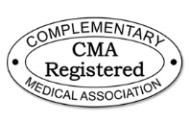

 RRP
$100
RRP
$100
Get a FREE Course
Tick this box to Sign up for our newsletter, and get access to the Interview Skills and CV Writing Certificate course for free! By signing up, you agree to our Privacy Notice & Cookie Policy and to receive marketing and related emails from academy+ brands. You can unsubscribe at any time.What our students say about us...
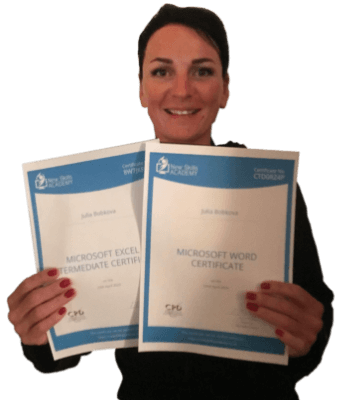
This is a great course for any level of knowledge. Very easy to navigate, great practical tasks and explanations are very clear. You can revise any module with no problem. The test wasn’t too hard if you completed every module. It may be handy to make some notes before you start. Overall I'm very happy with my choice. Thank you New skills for my New skills :)
Julia Bobkova

Very interesting and helpful course. I ve learned a lot of interesting things about make up and the tutorials were very helpful and easy to understand. I really reccomend this course for everyone who is passionate about make up and wish to develop their skills and make a career from their hobby.
Nicoleta Lucaci
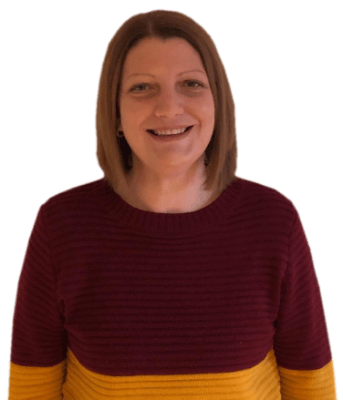
This course is a great way to brush up on my rusty excel skills, I recommend this course to anyone looking for something to do during lockdown, it's easy to use and talks you through each stage step by step. It has given me the confidence I need to further my career.
Georgia Darke
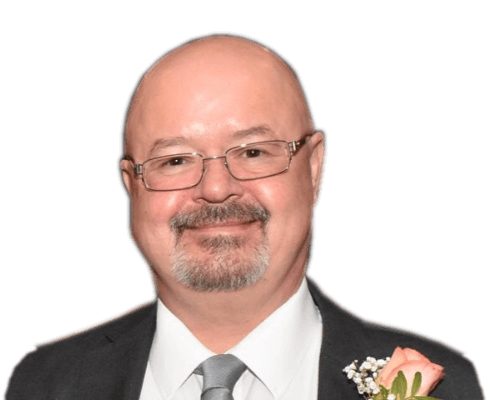
I took up this course initially to help me with my own dog, but found that as I worked through the material I actually started thinking that this could be something that I could use to make a second income. From start to finish I found the course engaging and interesting. I am now doing another dog related course and am experiencing the same level of enjoyment. I would recommend New Skills Academy without hesitation.
Keith Smith

Wow what an incredible insight for the start of anyone's journey in property. This course gives you so much information and there are tests and questions on each of the modules. The course is very easy to follow and well laid out. You can actually make notes on the pages of each module using the notes tab! I am very excited to say that I passed and I only spent one week on this course. I will print all the PDF information and keep it in a file with my certificate. I feel very confident for my future plans now I have completed this course.
Nichola Anderson
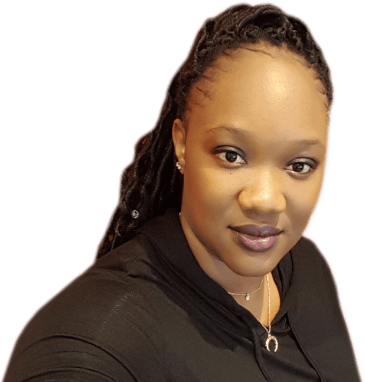
Omg im so excited, over joyed and all the good stuff that comes to mind! Wonderful experience doing lessons with New Skills Academy. I look foward to doing more courses with them. I hope this will encourage others to come on board and refresh your minds or to learn something new, it's a win win situation. I want to thank New Skills Academy so much for making this as simple as possible for me.
Shari Anderson
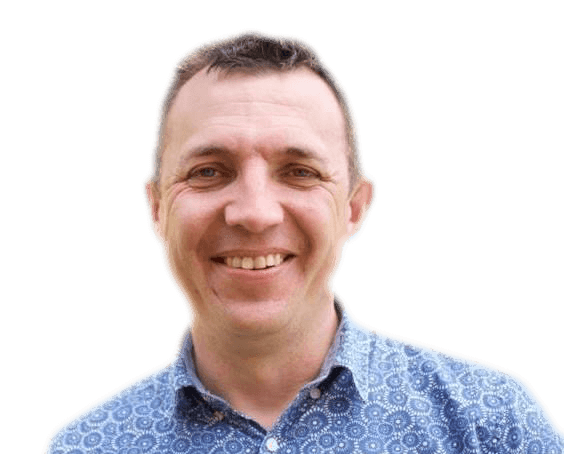
The course was clearly set out with helpful end of week tests which built my knowledge. Being dyslexic I found the course was set out in an easy to understand way. I was able to pass the test on my first attempt. The downloaded pdf are a useful resource that you can keep forever. Looking forward to the next course
Ross Dunsten

I found this course incredibly useful, as it provided me with practical knowledge which I can implement in my role as a Support Worker. The videos were clear and concise, and the downloadable worksheets reinforced what I had learned as I was able to put pen to paper. Overall, a fantastic course for a great price! I am looking forward to taking on my next one.
Teleisha Harley




